
Chlorella supplements may support immune function during intensive training
Intense training and exercise are known to disturb the immune system. A new study from England suggests that supplements containing the algae Chlorella pyrenoidosa may help.
News, Analysis & Insights on Nutrition, Supplements, and Health

Intense training and exercise are known to disturb the immune system. A new study from England suggests that supplements containing the algae Chlorella pyrenoidosa may help.
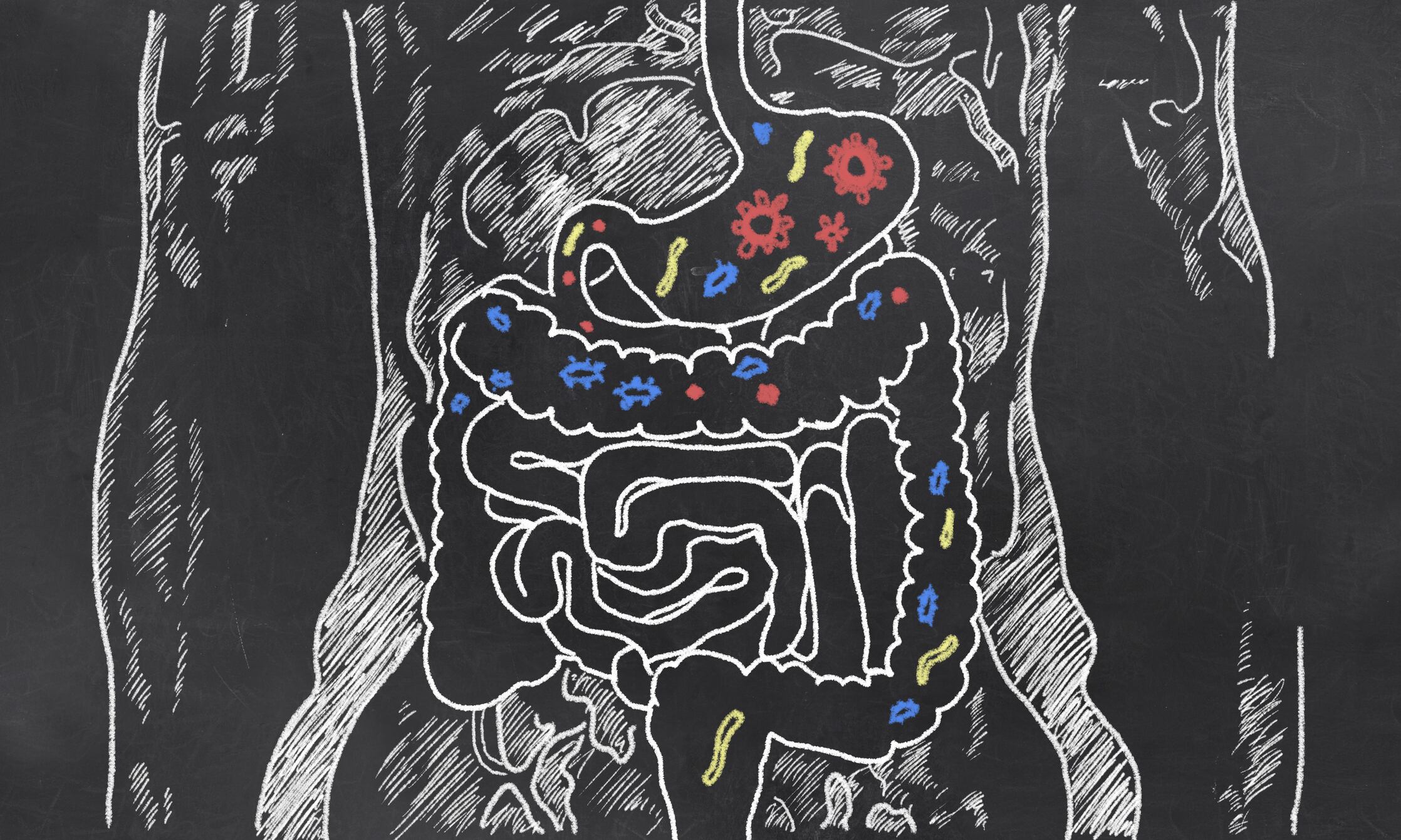
Dietary supplementation with Fibersol-2, a fermentable functional fiber, may boost levels of beneficial bifidobacteria levels in the intestine and feces and increase stool bulk, says a new clinical trial.
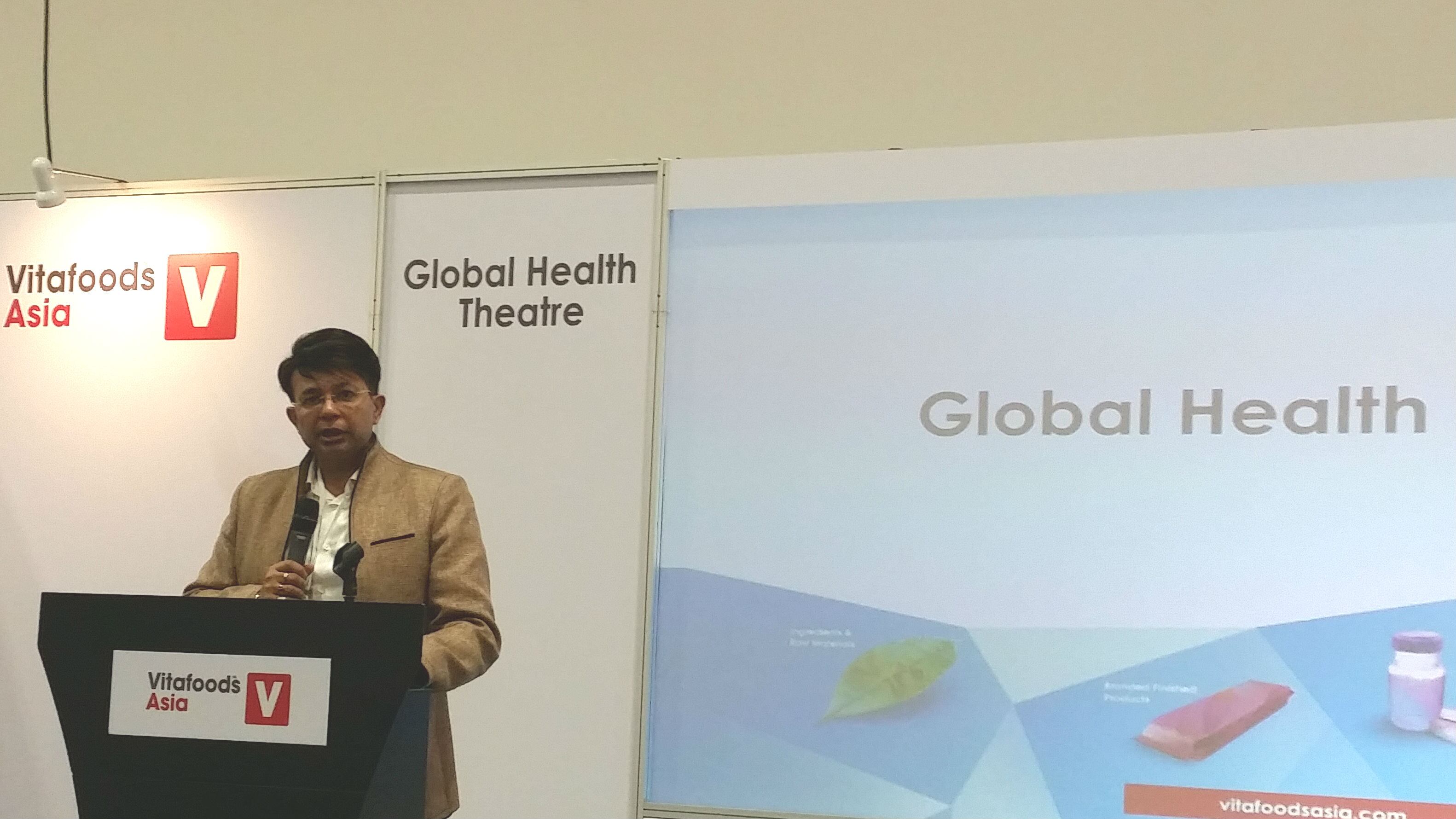
VITAFOODS ASIA 2018
The concept of responsible nutrition is gaining traction among Indian firms, with companies increasingly combining consumer appeal with health benefits, claims an industry expert.
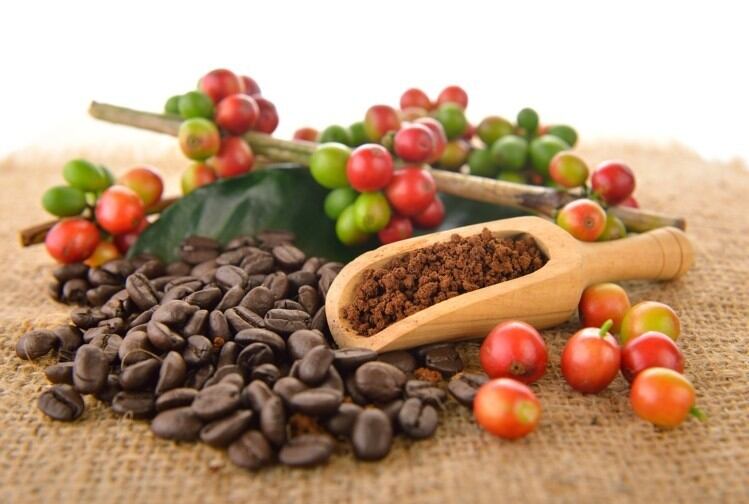
From probiotic coffee to online sales strategies and the latest scientific research, check out our latest round-up of the latest developments concerning the supplement and functional food sectors in China.

Modern dietary changes have affected gut microbiota functionality in children, who might benefit from more traditional, plant-based diets, according to researchers in Japan and Thailand.
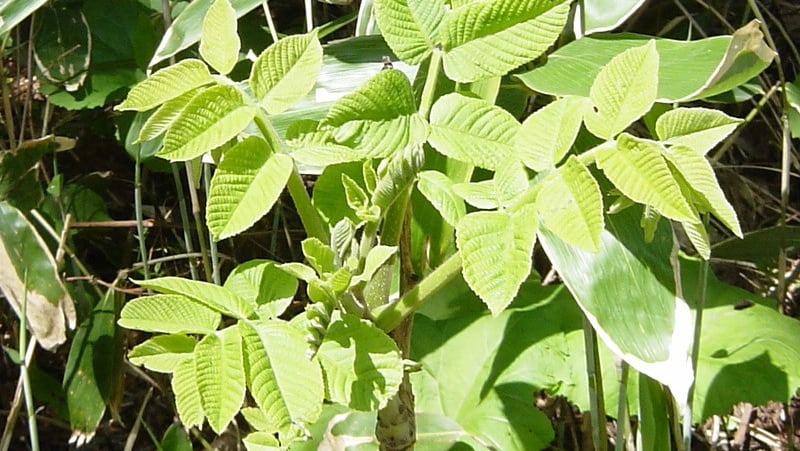
Sulfuretin, a chemical compound isolated from certain edible plants and flowers, could be useful in preventing obesity and its related metabolic diseases, say researchers in South Korea.
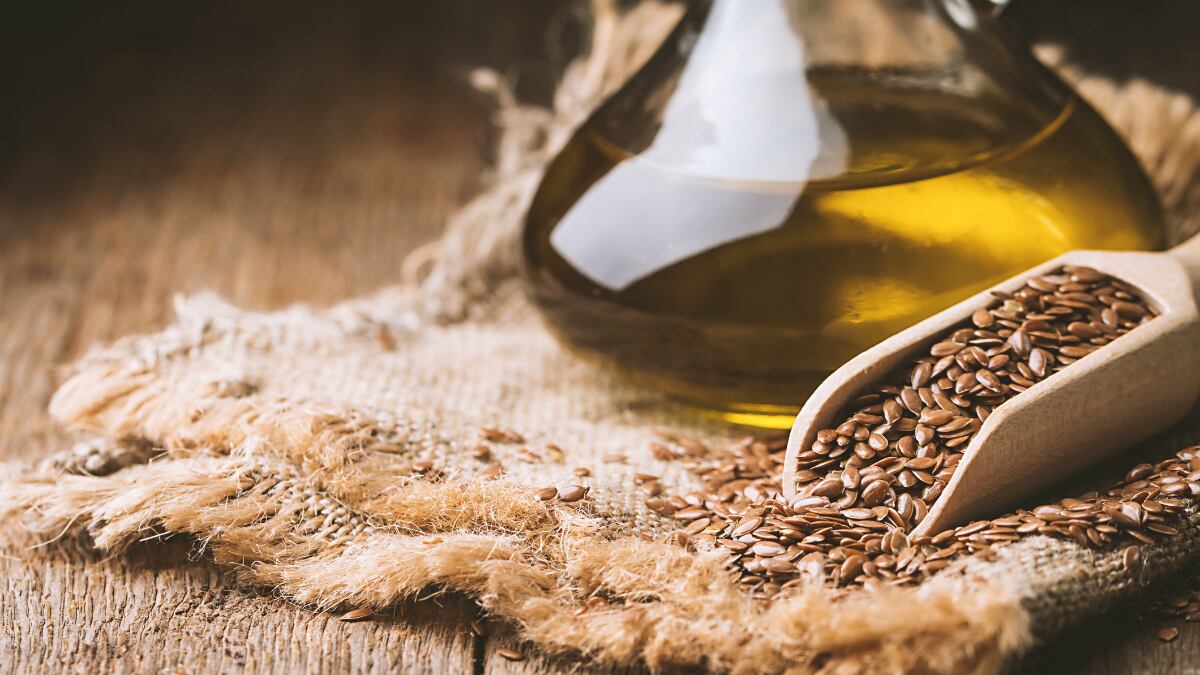
Daily consumption of flaxseed oil may benefit haemodialysis patients suffering from chronic kidney disease and mineral and bone disorder, say Iranian researchers.

Global food and beverage manufacturers such as Kellogg's Arabia, Mars Saudi Arabia and Nestlé Middle East have signed a voluntary pledge with the Saudi Food and Drug Authority (SFDA) that seeks to reduce sugar, salt and fat content in their products.

Vitafoods Asia 2018
A forward-thinking approach to infant formula is required to properly benefit both industry and consumers in Asia-Pacific's diverse markets, and must be supported by extensive research and strong co-operation with regulators.
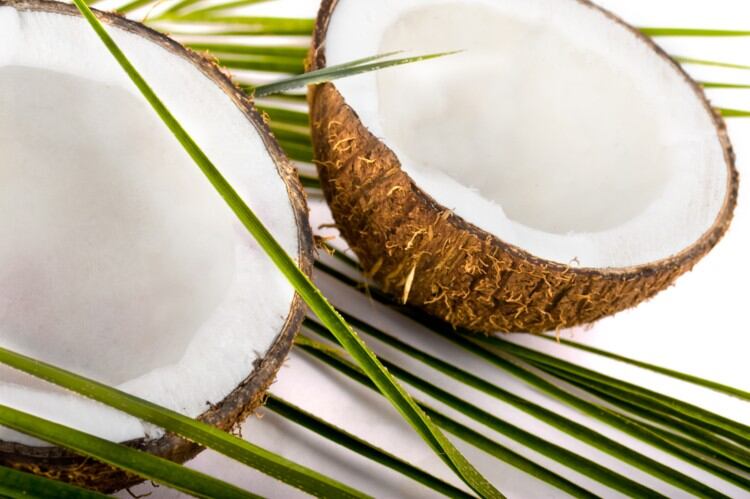
Harvard University has responded to the Indian agricultural department's emphatic letter protesting the description of coconut oil as 'pure poison' by distancing itself from any direct connection with the claims, saying that these were "not [made] on...